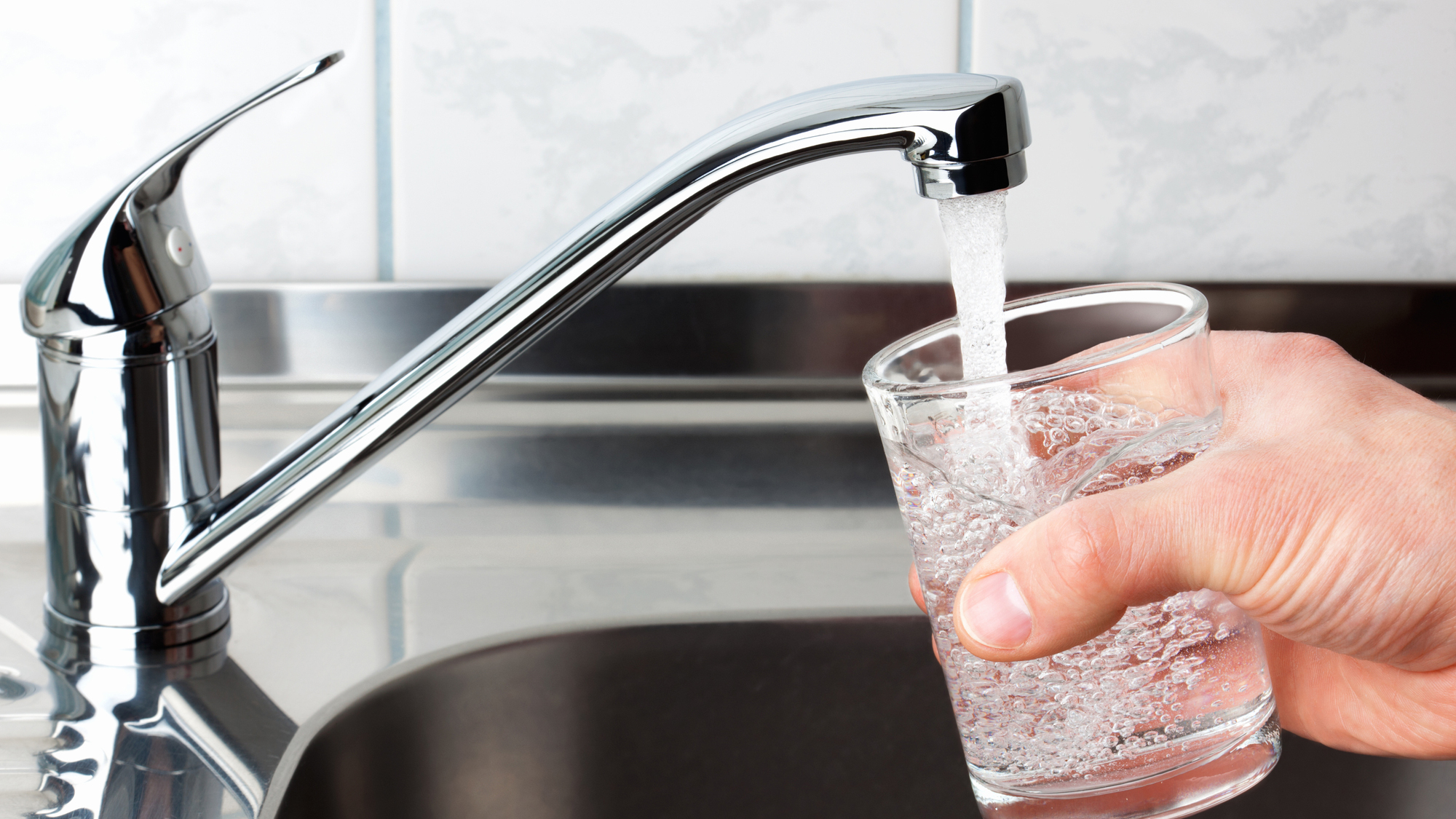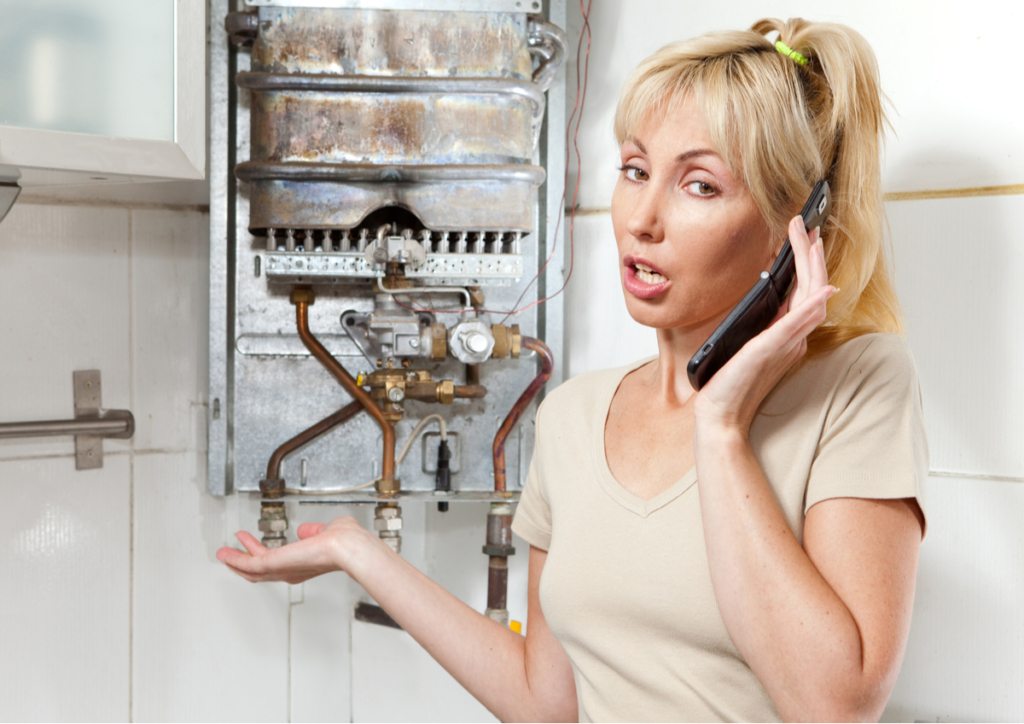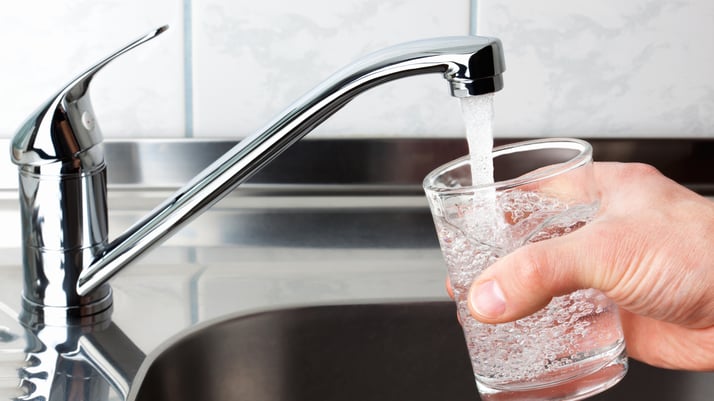Yes, a broken water heater can lead to a high electric bill. Inefficiencies or leaks in the system may cause excessive energy consumption.
A malfunctioning water heater can significantly impact your energy costs. If the heater struggles to maintain water temperature, it draws more electricity. Common issues include sediment buildup, faulty thermostats, or leaks. These problems not only waste energy but also increase your monthly bills.
Homeowners often overlook these signs until the costs become apparent. Regular maintenance can help prevent these issues and keep your water heater running efficiently. Understanding the connection between a broken water heater and high electric bills is crucial for budgeting and home maintenance. Taking proactive steps can save both energy and money in the long run.
Page Contents
Introduction To Water Heater Issues
Water heaters can have several issues that affect their performance. Common problems include leaks, strange noises, and inconsistent temperatures. These issues can lead to higher energy bills.
When a water heater is not working properly, it may use more electricity. A faulty thermostat can cause the heater to run longer. This results in a noticeable increase in your monthly electric bill.
Regular maintenance helps prevent these problems. Checking for leaks and flushing the tank can improve efficiency. Making sure the thermostat is set correctly also saves energy.
| Common Problems | Impact on Energy Bills |
|---|---|
| Leaks | Higher usage of electricity |
| Faulty Thermostat | Increased running time |
| Strange Noises | Indicates inefficiency |
How Water Heaters Work
Water heaters operate by heating water for various household needs. They use electricity or gas to raise water temperature. Most systems have a tank to store hot water. Some models are tankless and heat water on demand.
Electric water heaters generally consume more energy than gas models. The efficiency of each type varies based on usage. Older units often waste energy, leading to higher bills. Regular maintenance helps keep heaters efficient.
| Type of Water Heater | Average Energy Consumption |
|---|---|
| Conventional Tank | 3,000 – 4,500 watts |
| Tankless | 15 – 25 kW |
| Heat Pump | 1,500 – 2,500 watts |
| Solar | Varies, often low |
Signs Of A Failing Water Heater
Unexpected noises from your water heater can indicate problems. Sounds like banging or popping suggest sediment build-up. This issue can lead to inefficiency and higher energy costs.
Inconsistent water temperatures are another sign of a failing unit. If the water is sometimes too hot or too cold, something is wrong. This inconsistency can cause the heater to work harder, raising your electric bill.
The Link Between Water Heaters And Energy Costs
Water heaters use a lot of energy. A broken water heater can increase your electric bill. If it leaks, it might run continuously. This constant running leads to higher costs.
Old or damaged units are often less energy-efficient. They waste energy, causing bills to rise. Regular maintenance can help keep costs down. Neglecting repairs can lead to bigger problems.
Consider replacing an old unit. New models are designed to save energy. They can greatly reduce your monthly expenses.
| Action | Benefit |
|---|---|
| Regular Maintenance | Improves efficiency and lowers bills |
| Replace Old Units | Significantly reduces energy costs |
| Fix Leaks Promptly | Prevents continuous running and high bills |
Broken Water Heater Symptoms
Leaks from a water heater can cause serious issues. They may lead to water damage in your home. Fixing these leaks quickly is important to avoid high costs.
Sediment build-up in the tank can affect performance. This build-up can cause the heater to work harder. A working heater uses more electricity, leading to higher bills.
Regular maintenance can help prevent these issues. Flushing the tank removes sediment and keeps it efficient. Keeping an eye on your water heater saves money in the long run.

Credit: www.aborrelli.com
Mitigating High Energy Costs
Regular maintenance keeps your water heater running well. Check the heater for leaks. Flush the tank at least once a year. This removes sediment buildup. Sediment can cause your heater to work harder, raising costs.
Set the water temperature to a safe level. A temperature of 120°F is often enough. This helps save energy and reduces bills.
Consider upgrading to energy-efficient models. These models use less electricity. Look for the Energy Star label when shopping. This label shows the appliance meets energy-saving standards.
When To Call A Professional
Signs of a broken water heater can lead to a high electric bill. Look for strange noises or leaks. If the unit is not heating properly, it may work harder. This increased effort can raise energy costs.
Troubleshooting can help identify issues. Check the thermostat settings first. Inspect for any visible leaks or rust. If simple fixes don’t work, professional help is needed.
Choosing the right service is important. Look for licensed professionals with good reviews. Ask about their experience with water heaters. Get a few quotes to compare prices. This helps ensure you receive fair service.

Credit: jrbolton.com
Preventative Measures For Water Heaters
Annual inspections can help keep your water heater running efficiently. Regular checks identify small problems before they grow. This can save money on your electric bill.
For long-term savings, consider these strategies:
- Insulate your water heater to reduce heat loss.
- Set the thermostat to 120°F for optimal performance.
- Flush the tank yearly to remove sediment buildup.
- Replace old units with energy-efficient models.
Following these tips can lead to significant savings over time. Keeping your water heater in good shape is essential.

Credit: www.aborrelli.com
Conclusion
A malfunctioning water heater can significantly increase your electric bill. Inefficient heating leads to higher energy consumption. Regular maintenance is key to preventing these issues. If you notice unusual spikes in your bill, consider checking your water heater. Addressing problems early can save you money and ensure reliable hot water service.
